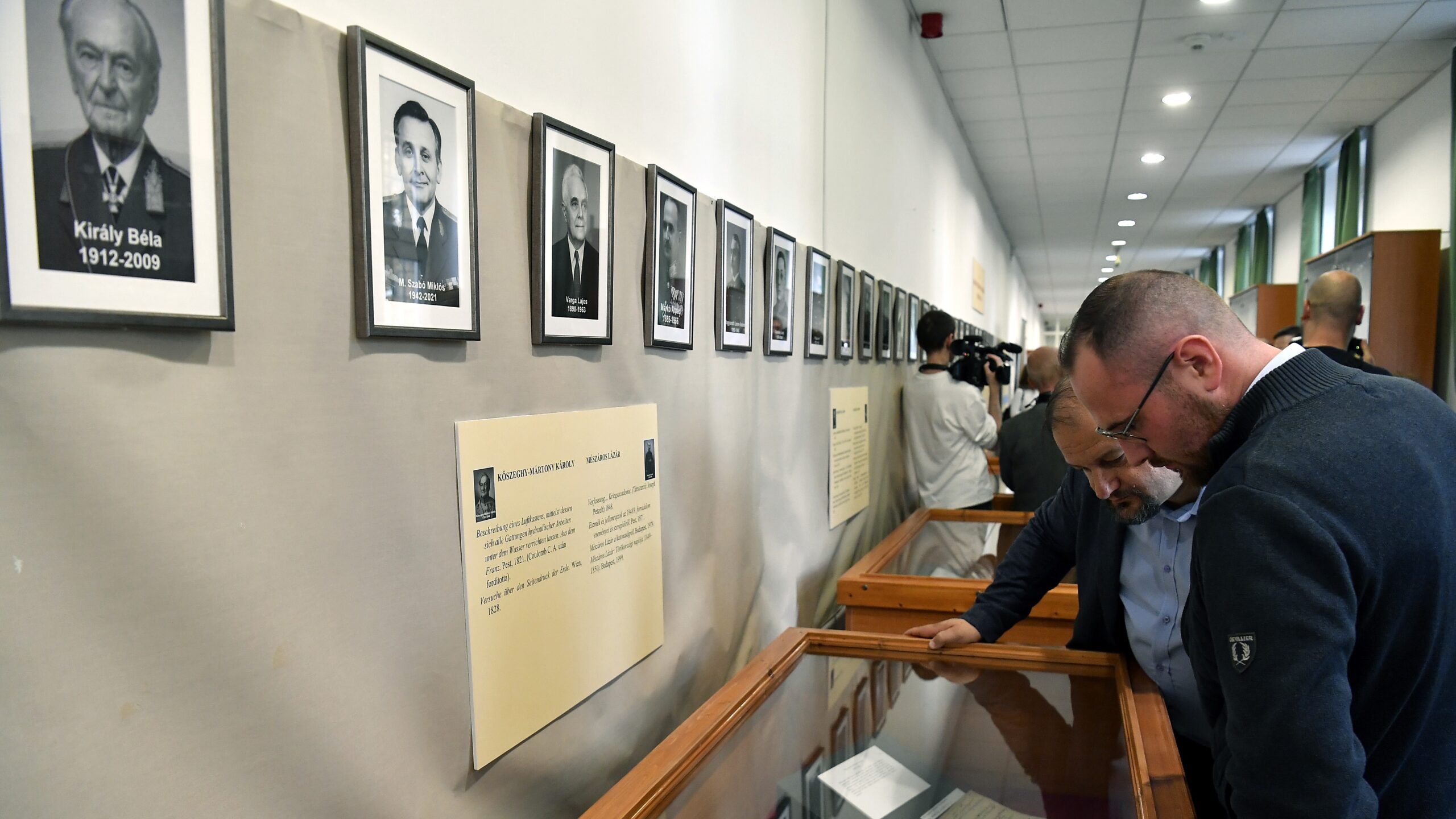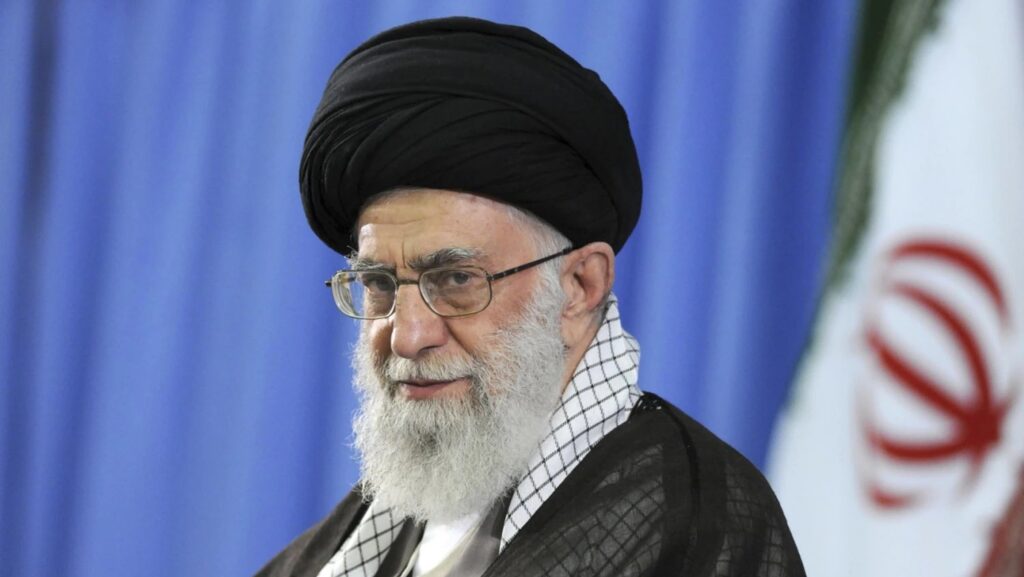Hungary’s military science today represents an evolving system of interdisciplinary knowledge that serves national security, combining the expertise of the armed forces with that of civilian academia. Deputy State Secretary for Human Resources János Czermann made this statement at the opening of an exhibition titled Members of the Hungarian Academy of Sciences Who Served as Soldiers, held Wednesday at the Faculty of Military Science and Officer Training of the National University of Public Service (NKE) in Budapest.
Czermann emphasized that the scope of military science now extends far beyond traditional strategy and tactics. It encompasses artificial intelligence, cybersecurity, social sciences, psychology, and education, reflecting how defence has adapted to modern challenges. ‘Military science has also become the science of peace and prevention, helping us understand the security environment and ensuring that the Hungarian Defence Forces develop into a modern, capable organization,’ he said.
He noted that the government aims to build armed forces that are adaptive, resilient, and technologically competitive, goals that can only be achieved with strong scientific support. In the 21st century, he explained, modern armies rely on software-based systems, and in cyberspace, ‘there is no clear boundary between peace and crisis.’ Protecting critical data has become a central pillar of national security, and today, ‘algorithms and drones are as decisive as tanks and artillery were a century ago.’
To strengthen this foundation, Czermann announced that a new research funding model will be launched in 2026 to promote defence-related scientific and technological development through enhanced collaboration between the military, universities, and research institutions.
NKE Rector Gergely Deli said the newly opened exhibition highlights the life and work of 26 members of the Hungarian Academy of Sciences who dedicated part of their lives to national defence. Many of them also excelled in civilian disciplines, from history and linguistics to mathematics and philosophy. He recalled that some of the featured scholars contributed directly to military education, including Ernő Hollán, who as a defence secretary helped establish the Ludovika Academy, the intellectual predecessor of today’s NKE.
‘As the heir to Ludovika, the National University of Public Service not only trains officers but also supports the Hungarian Military Science Society and preserves the memory of the soldier-academics who shaped our intellectual heritage,’ Deli noted.
István Monok, Director General of the Library and Information Centre of the Hungarian Academy of Sciences, reminded attendees that Parliament has declared 2025–2026 the Years of Hungarian Science to mark the bicentennial of the Academy’s founding. Around 200 exhibitions will be held across the country, organized in collaboration with national and specialized libraries.
Head of the NKE Library Zoltán Mészáros reflected on the historical link between the military and civil science, recalling how Count István Széchenyi—then a hussar captain—donated a year’s income from his estates, 60,000 forints, to establish the Hungarian Academy of Sciences in 1825.
The exhibition presents the lives and legacies of 26 soldier-scholars through photographs, documents, and personal artefacts, showcasing how military service and intellectual pursuit have long complemented one another in Hungary’s scientific and cultural history.
Related articles:







